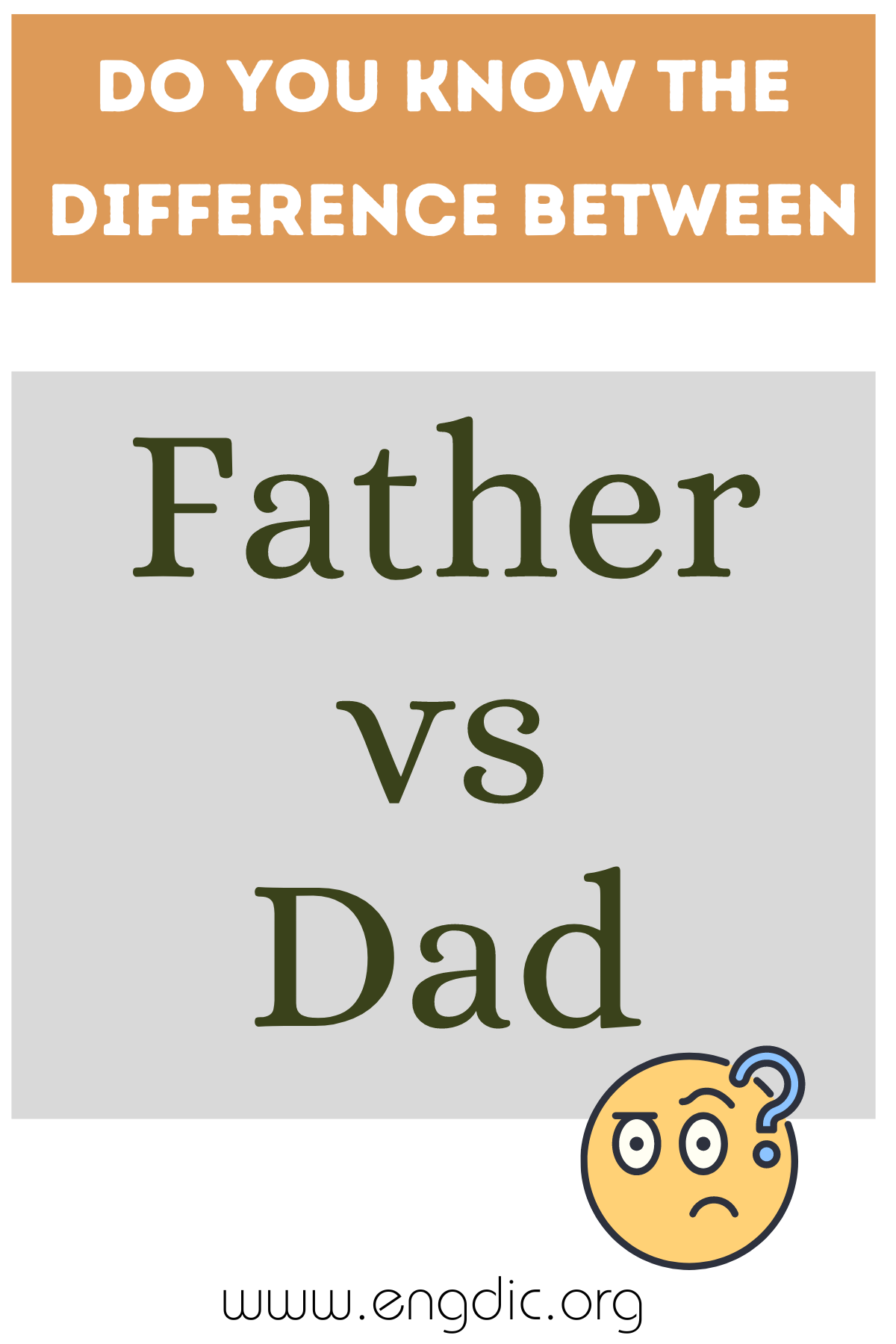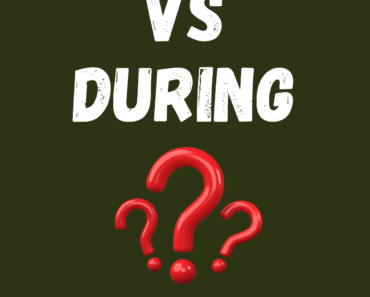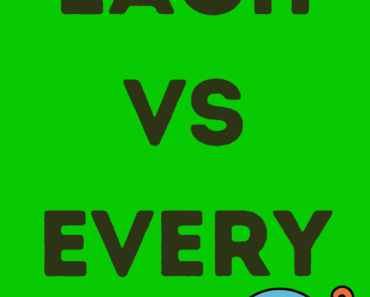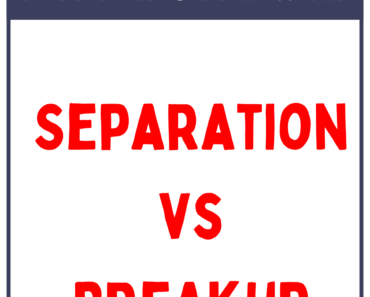The difference between “Father” and “Dad” lies in both cultural and emotional connotations. While “Father” is often a formal term referring to a male parent or a biological relationship, “Dad” implies a warmer, more affectionate connection. “Father” signifies a role of authority and responsibility, often used in official or serious contexts.
In contrast, “Dad” denotes a nurturing presence, embodying the emotional bond between a child and their parent. The usage of these terms varies based on personal experience and cultural norms, with “Father” emphasizing formality and “Dad” conveying affection.
Father
Definition: A male parent, especially one with a biological relationship to the child.
Usage:
- Biological Aspect: “Father” emphasizes the biological link, as in “He is my biological father.”
- Legal Aspect: It refers to the legal recognition of paternity, like “He is the child’s legal father.”
- Formal Aspect: Used formally to denote authority or lineage, like “He followed his father’s footsteps.”
Dad
Definition: A familiar or affectionate term for a male parent.
Usage:
- Emotional Aspect: “Dad” represents a personal, emotional bond, as in “I love my dad.”
- Informal Aspect: It’s used in casual conversation to signify warmth, as in “Dad, can you help me?”
- Role Model Aspect: Represents a nurturing figure, like “My dad is my hero.”







